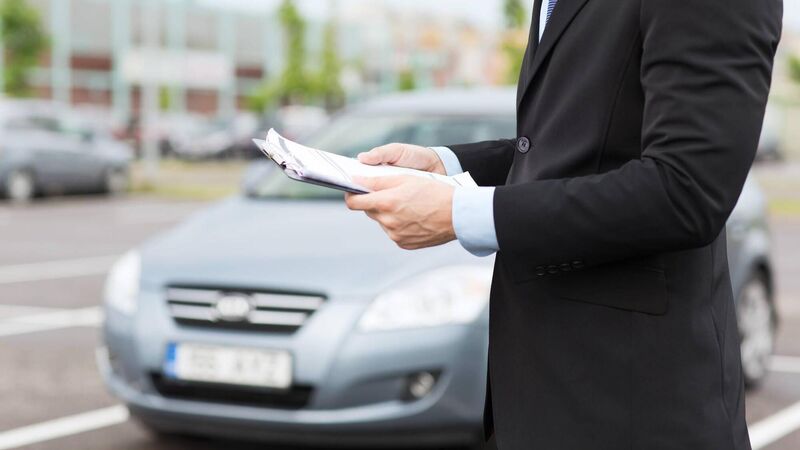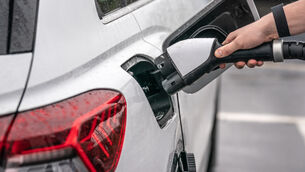Sat, 19 Jun, 2021 - 12:00
John Hearne
Research from the Competition and Consumer Protection Commission (CCPC) has found that one fifth of us don’t carry out any checks before buying a used car. None at all.
Moreover, nearly a quarter (23%) bought from private sellers — which means that we bought without any of the consumer protections that apply when you buy from a showroom or car dealer.
Already a subscriber? Sign in
You have reached your article limit.
Subscribe to access all of the Irish Examiner.
Annual €130 €80
Best value
Monthly €12€6 / month
Introductory offers for new customers. Annual billed once for first year. Renews at €130. Monthly initial discount (first 3 months) billed monthly, then €12 a month. Ts&Cs apply.
CONNECT WITH US TODAY
Be the first to know the latest news and updates















